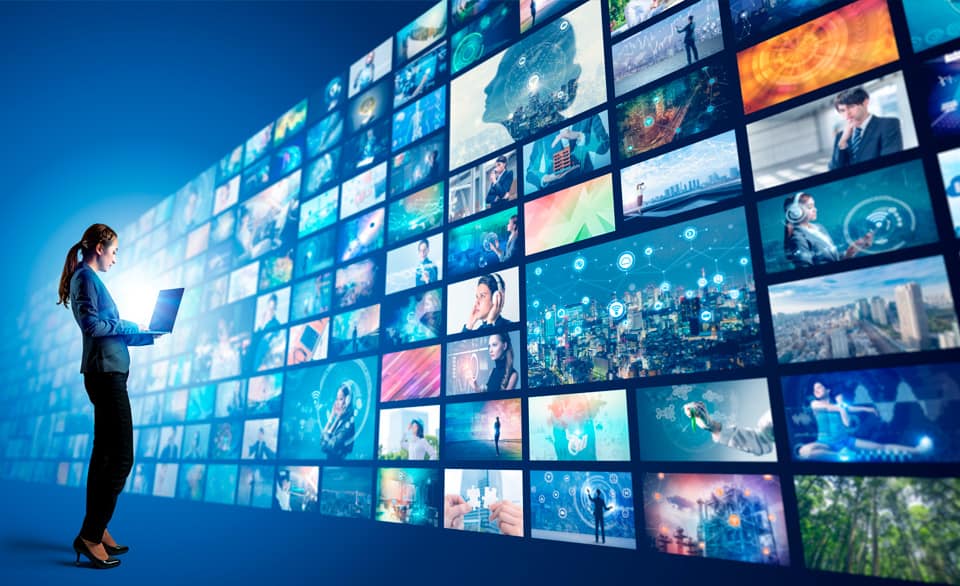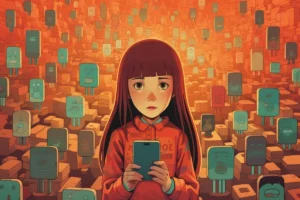In today’s digital age, technology and entertainment are increasingly intertwined. One of the major players driving this integration is Google. By offering a vast range of platforms, tools, and services, Google helps creators from various domains—artists, filmmakers, journalists, musicians, and others—flourish in the entertainment industry. Here’s how Google contributes to the entertainment ecosystem.
1. YouTube: A Platform for Creators.
YouTube is one of Google’s most powerful tools in the entertainment world. As the world’s largest video-sharing platform, it has become a go-to for content creators across genres, from music to film, and from education to journalism. Here’s how it helps:
Musicians and Artists: YouTube has democratized access to a global audience. Musicians can upload their work, reach millions, and even monetize their content through ad revenues and memberships. Artists like Billie Eilish and Justin Bieber were discovered through the platform.
Filmmakers: Independent filmmakers use YouTube to release short films, documentaries, and even feature-length projects. This platform eliminates traditional barriers of entry like studio budgets, allowing talented creators to connect directly with audiences.
Journalists and News Outlets: YouTube has become an important space for journalists and media companies. From breaking news updates to long-form investigative reporting, YouTube allows journalists to broadcast stories that might otherwise be underreported by mainstream media.
2. Google Arts & Culture: Elevating Art and History.
Google’s Arts & Culture platform offers high-resolution images of artworks from museums worldwide, virtual tours, and information about historical landmarks. It has become a digital museum that artists, historians, and educators can use to share and celebrate creativity. Artists can upload their work, collaborate on projects, and gain exposure to a global audience.
Cultural Preservation: By digitizing art and cultural heritage, Google helps preserve the history of entertainment, ensuring future generations have access to important works and creative traditions.
Inspiration for Creators: Filmmakers, painters, and other creative professionals often find inspiration from the works archived in Google Arts & Culture, enabling cross-disciplinary collaboration.
3. Google Search and Trends: Data-Driven Insights
Google Search is the backbone of the internet, and its role in entertainment is multifaceted. From promoting new releases to helping content go viral, Google Search plays a key role in audience engagement:
Search Visibility for Creators: Musicians, filmmakers, and journalists all benefit from enhanced visibility when users search for specific entertainment content. Whether it’s a review of the latest movie, or a biography of a famous artist, Google directs traffic to creators’ content.
Google Trends: This tool allows entertainment professionals to monitor popular search queries, enabling journalists, YouTubers, and marketers to gauge public interest. It helps creators align their work with trending topics, giving them real-time feedback on audience preferences.
4. Google Play: Distribution Hub for Entertainment.
The Google Play Store is a key marketplace for distributing entertainment content, including apps, music, books, and movies.
Filmmakers and App Developers: Indie filmmakers can distribute their movies through Google Play Movies, while game developers and app creators use the Google Play Store to reach global audiences.
Musicians: Through Google Play Music, musicians can share and sell their tracks directly to fans, allowing for easy monetization and audience-building.
Authors: Self-publishing has become easier with platforms like Google Play Books, where writers can share their work with readers around the world.
5. Google Cloud: Powering Content Creation.
For major players in the entertainment industry, Google Cloud provides the infrastructure needed to create, store, and distribute content seamlessly. Google Cloud’s services cater to a wide array of entertainment professionals:
Animation and VFX Studios: Studios such as DreamWorks and Sony Pictures Animation use Google Cloud to handle large data workloads involved in animation and visual effects, reducing production costs and time.
Media Streaming: Platforms like Netflix use Google Cloud to manage their massive libraries of video content, ensuring smooth and scalable streaming services.
Collaborative Tools for Creators: Google Drive, Docs, and other G Suite tools allow entertainment teams to collaborate in real time, from scriptwriting and editing to coordinating production timelines.
6. Advertising Tools for Creators.
Google’s advertising platforms—Google Ads and YouTube ads—offer crucial opportunities for entertainment professionals to promote their work:
Promoting Films, Music, and Events: Filmmakers and musicians use targeted ads to promote their work to specific demographics, ensuring their projects reach the right audience.
Monetizing Content: YouTube ads provide a significant revenue stream for content creators. Successful YouTubers can make money through ads displayed during their videos, creating a sustainable income model.
7. Journalism Support via Google News Initiative
The Google News Initiative (GNI) is designed to support journalism in the digital age by offering training, grants, and technological support to media organizations worldwide. Journalists benefit from tools like:
Fact-Checking Tools: GNI offers fact-checking tools to ensure accurate reporting, a critical feature in today’s fast-paced news cycles.
Monetization Options for Journalists: Through the Google News Showcase and other GNI-backed initiatives, journalists can monetize their content and reach wider audiences without relying solely on traditional advertising models.
Google’s contributions to the entertainment industry are vast and varied, benefiting creators across the spectrum—from filmmakers and artists to journalists and musicians. By providing platforms, tools, and services that foster creativity and audience engagement, Google has empowered creators to thrive in a digital, interconnected world. Whether it’s through YouTube, Google Play, or the Google News Initiative, the tech giant continues to shape the future of entertainment, making it more accessible and inclusive than ever.














Post Comment